An Innovative Early Solution for Increased Nuchal Translucency (NT)

Your clear guide to increased nuchal translucency (NT) -what it means and what to do. Written for both parents and clinicians: easy to read, clinically robust. Evidence-based, UK-focused, and regularly updated. SMART NT - new 10-week route: expert scans plus genomic NIPT.
Ten weeks marks a major milestone in human development, the transition from an embryo to a recognisably human fetus.
Recent clinical evidence suggests that increased NT at 10 weeks is a more sensitive marker of fetal wellbeing than at 12 weeks.
Genomic NIPT screens for many conditions linked to increased NT and can be done from 10 weeks, before other tests are possible.
While increased NT may resolve in some cases, it is frequently associated with a broad range of serious babie's health conditions.

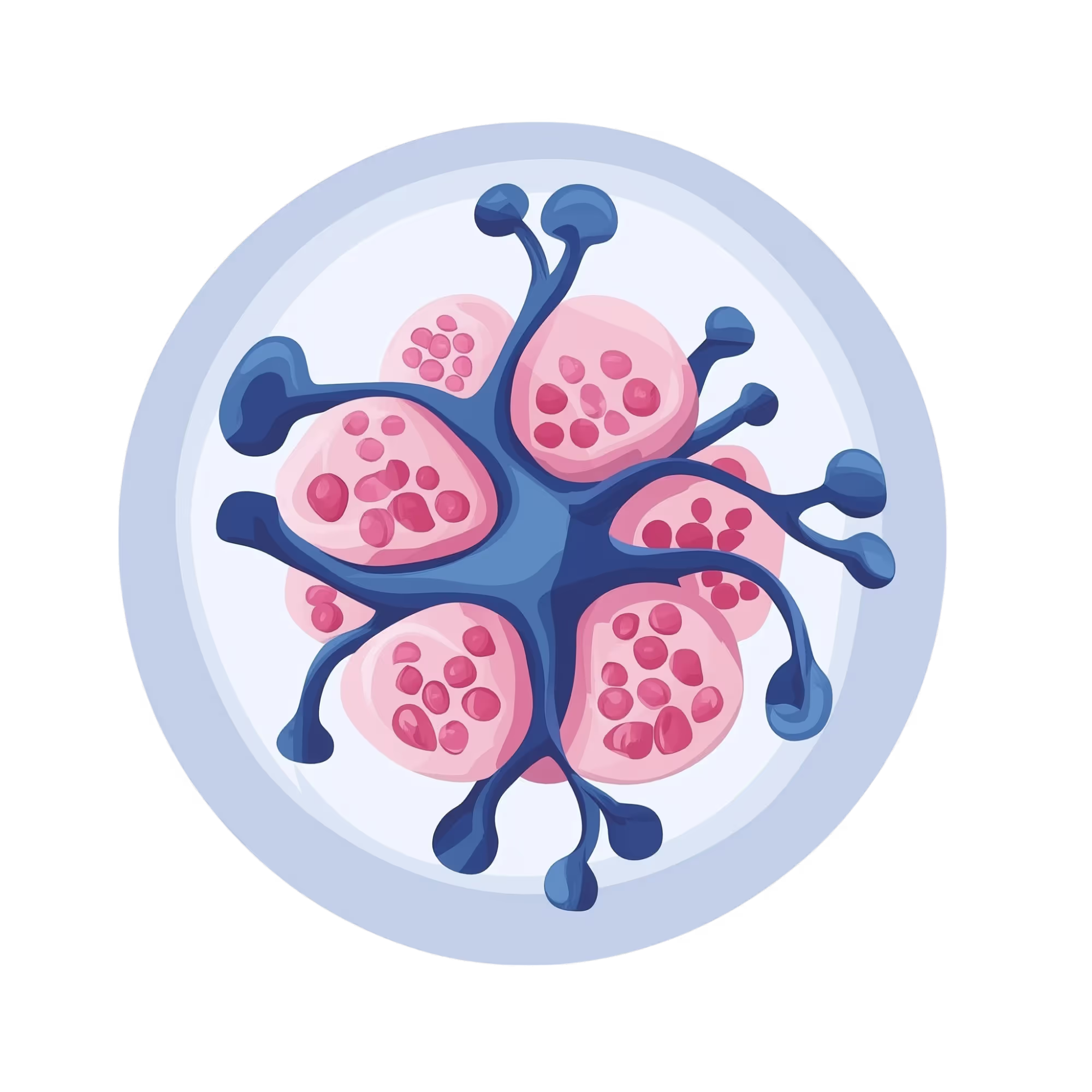








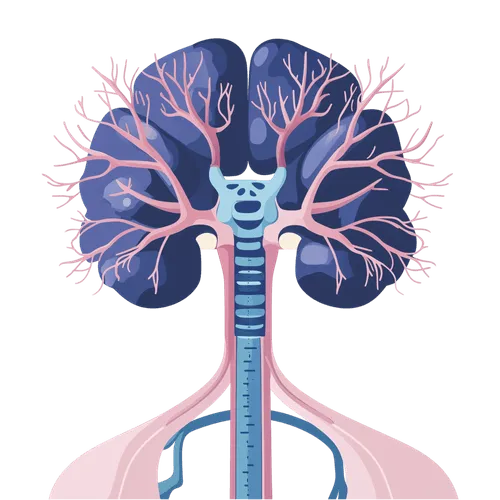
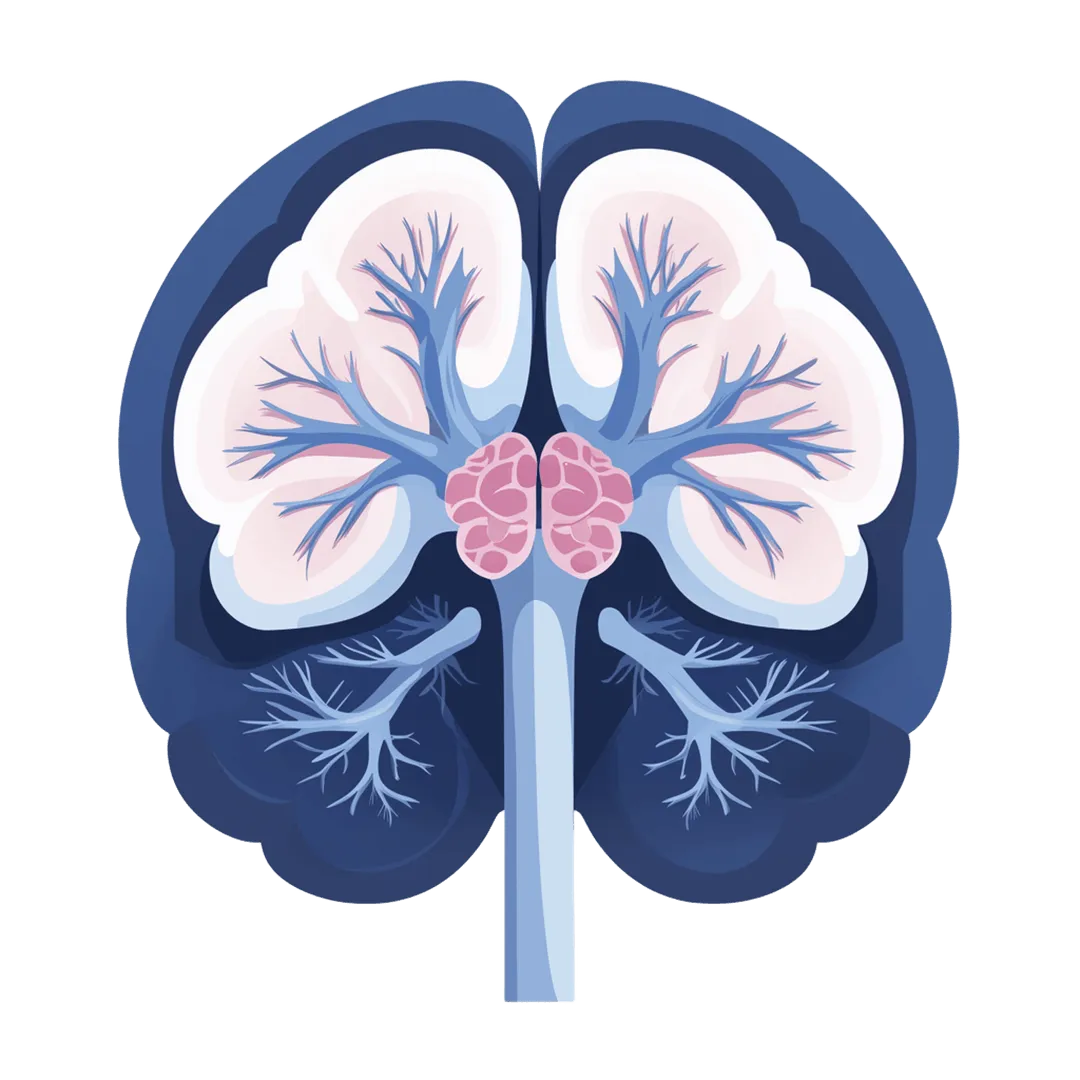

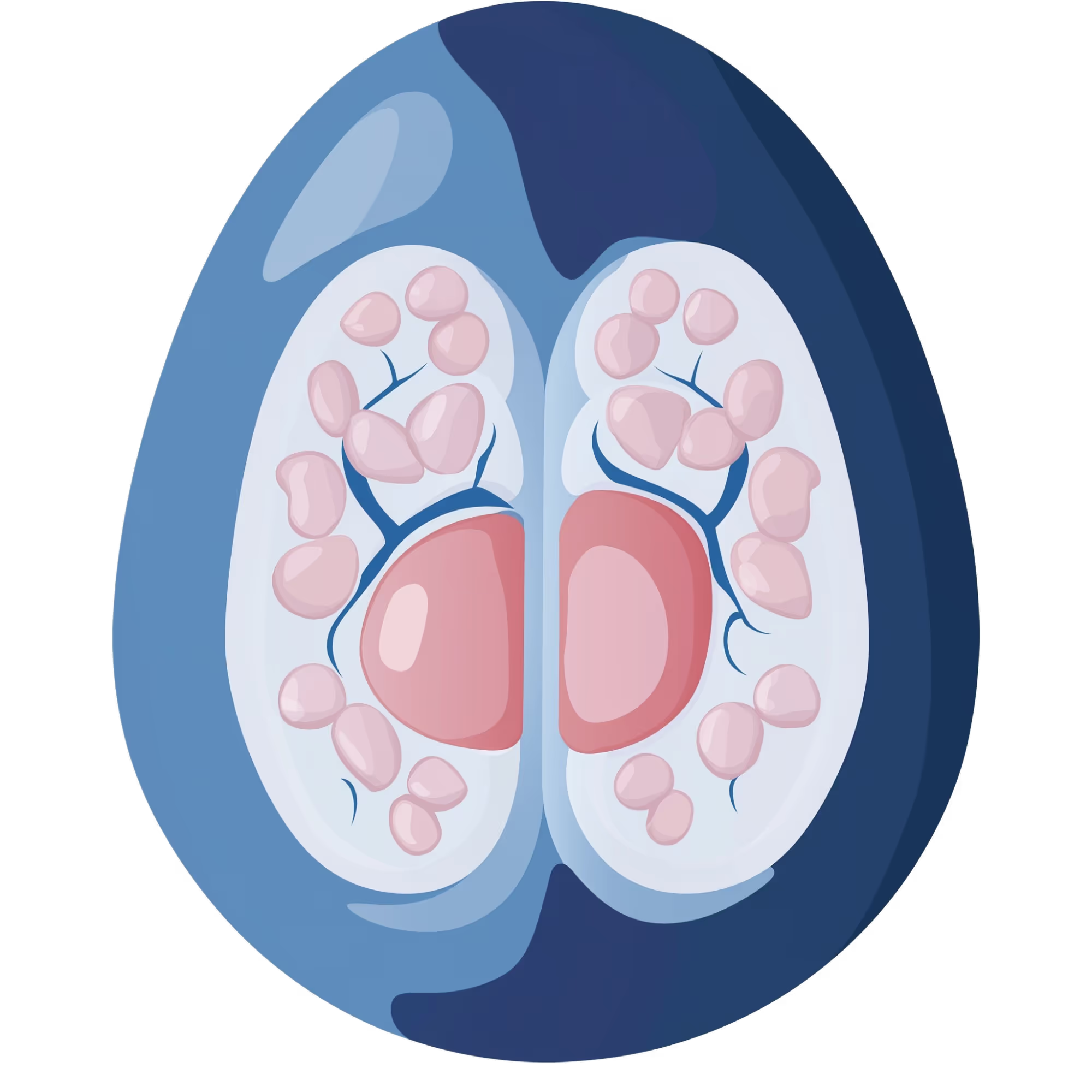






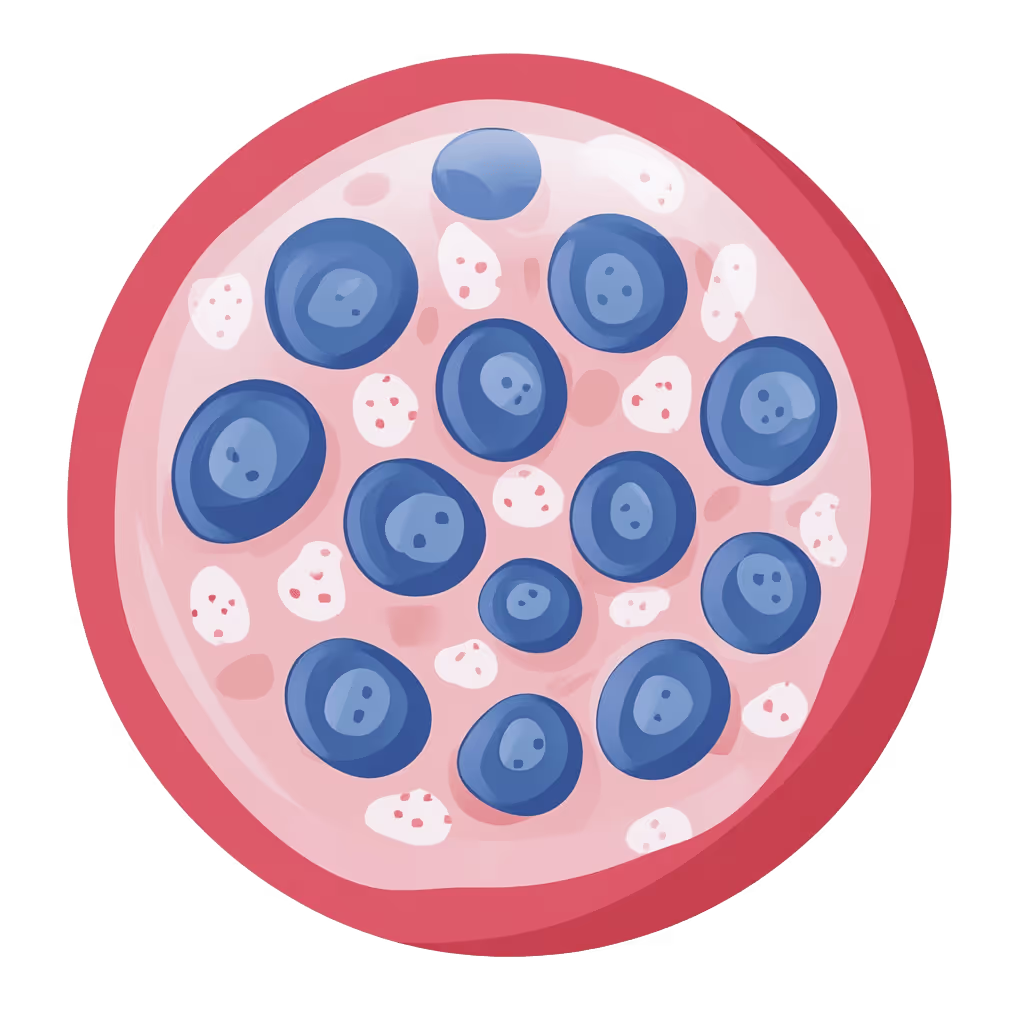


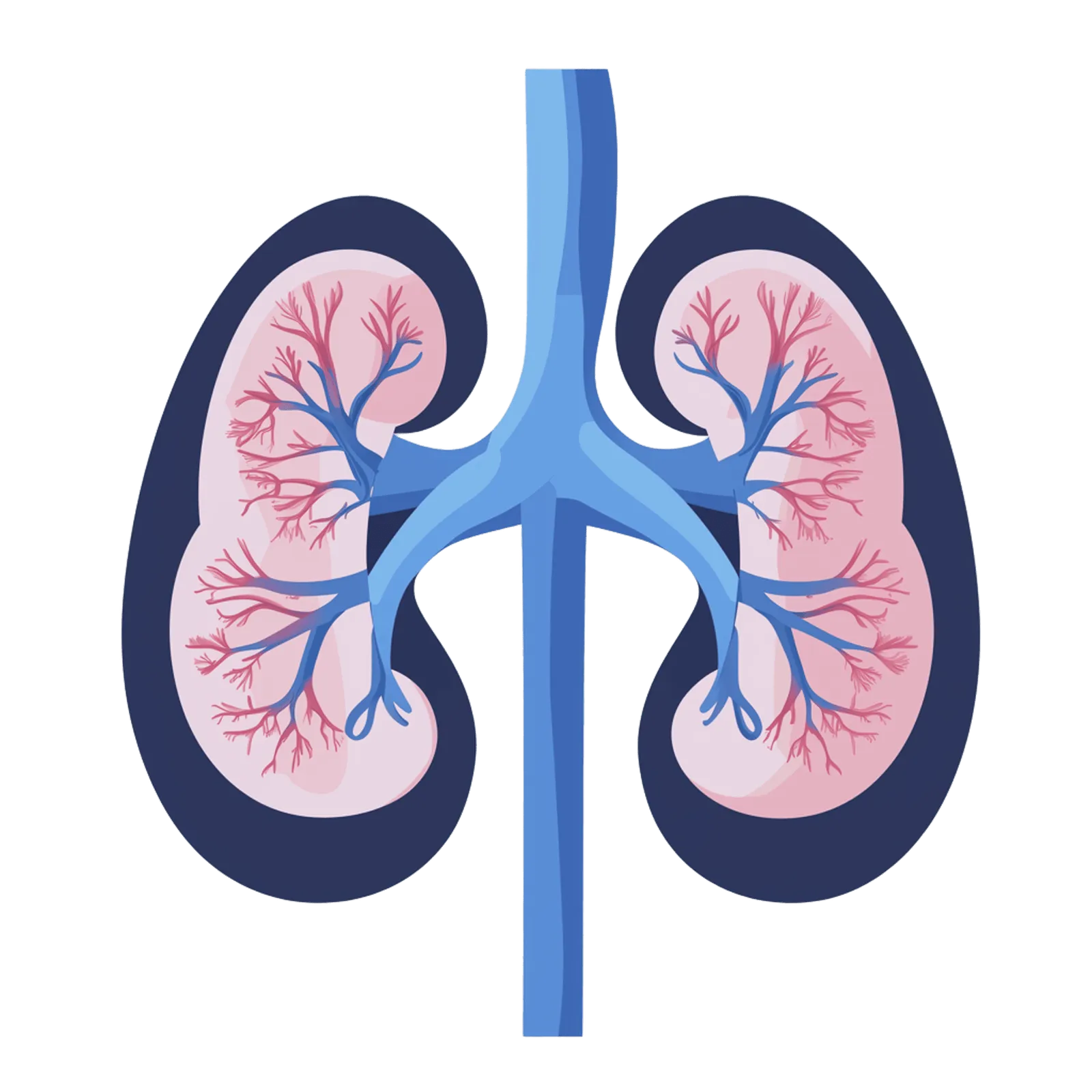






Increased NT is not just linked to Down syndrome. It can be associated with many other conditions, which together are more common and often more serious. The SMART Test screens for the majority of them.
We have developed a robust SMART NT protocol that combines the earliest possible diagnosis of abnormal NT with advanced non-invasive genetic testing and high-resolution ultrasound - providing early diagnosis and early reassurance.
40% of fetuses with early increased NT are affected by major health issues
Testing for Multiple Chromosomal and Genetic Conditions That Could Affect Your Baby
Expert Scan at around 12-13 weeks is essential to exclude severe physical anomalies
Expert Scan at around 12-13 weeks is essential to exclude severe physical anomalies
At 10 weeks (CRL under 45 mm), an NT of 2.5 mm or more is the most commonly used cut-off to define an abnormal increase.
At 10 weeks, abnormally increased NT (>2.5 mm) is uncommon, but when present it is a clinically significant finding.
An increased NT at 10 weeks is often a stronger sign of problems than the same finding later in pregnancy.
Early increased NT resolves quickly in half of the cases, but even then about 20% of babies may still have underlying problems.
Chat with our Genetic Counsellor, receive your at-home DNA kit with a quick cheek swab, send it back, and get your results in under 4 weeks.
NT scan and NIPT at 10 weeks; full results by 12 weeks
If increased NT is found, you can have the SMART Test straight away
Receive genetic results in two weeks
Give our Fetal Medicine Specialist to check your baby
Disclaimer! This tool provides approximate cancer risk estimates based on genetic and ethnic factors. It is for educational purposes only and should not replace professional medical advice. Risk estimates are based on population-level data and may not reflect your individual circumstances. Always consult a healthcare provider or genetic counsellor for personalised risk assessment and screening recommendations.

The SMART NT approach at 10 weeks offers an earlier and innovative way to assess NT. It is built on strong evidence-based data, advances in ultrasound technology and cutting-edge genetic science. This method is completely safe, as it relies on a non-invasive approach, while keeping all traditional diagnostic options (such as CVS and amniocentesis) available if needed. SMART NT provides parents with the earliest possible reassurance and invaluable insight into their baby’s health.
Genetic testing looks at your DNA to find changes or variants in your genes. These changes can tell us if you’re at risk for certain inherited conditions, like hereditary cancers or if you’re a carrier for a genetic condition.
It can reveal if you have a higher genetic risk for certain cancers (like breast, ovarian or bowel), if you’re a carrier for inherited conditions, or if you have a genetic condition that could impact your health or your family’s.
The meaning of your results depends on the type of test you've had — some genetic tests are screening tools that assess the likelihood or risk of a condition, while others are more diagnostic in nature.
Genetic tests can look for variations in your DNA that may be associated with certain conditions. In some cases, a result may indicate an increased risk, but not a certainty, of developing a condition. In others, it may suggest you carry a genetic change without it ever affecting your health.
Not all people with a disease-causing variant will go on to develop the condition, and some without a detectable variant may still be affected due to non-genetic factors such as environment, lifestyle, or chance.
Always discuss your results with a qualified healthcare provider or genetic counsellor to fully understand what they may (or may not) mean for you and your family.
It’s simple. You’ll first speak with one of our expert Genetic Counsellors. Depending on your location and the type of test, you’ll either receive a saliva kit in the post for an at-home cheek swab, or we’ll arrange a at-home blood sample collection.
Blood draws can be done at our partner clinic in Shoreditch, Spital Clinic, or by a mobile phlebotomist visiting your home. Your sample is then sent to a certified lab in the UK or US, and results are typically ready in under 4 weeks.
Yes. At Jeen Health, your data is encrypted and stored securely on our GDPR compliant servers, as well as with our vetted laboratories. Your results are only shared with you and your dedicated Genetic Counsellor, never with insurers or third parties.
Not at all. While a strong family history increases your risk, many people with genetic conditions have no known family history. Testing helps you uncover hidden risks you wouldn’t otherwise know about.
Our team of experts is here to help. We're just a message away.
What happens if my DNA shows a higher-risk gene?
Our pre-test counselling is designed to help you understand the scope of the test and explain the meaning of a high risk result.
For high risk results, we will offer further counselling and advise on the next steps. Our clinicians can liase with your fertility clinic if required.
Planning a pregnancy? Our partner clinic - London Pregnancy Clinic offers a range of services to support you from pre-conception, all the way to delivering a healthy baby.